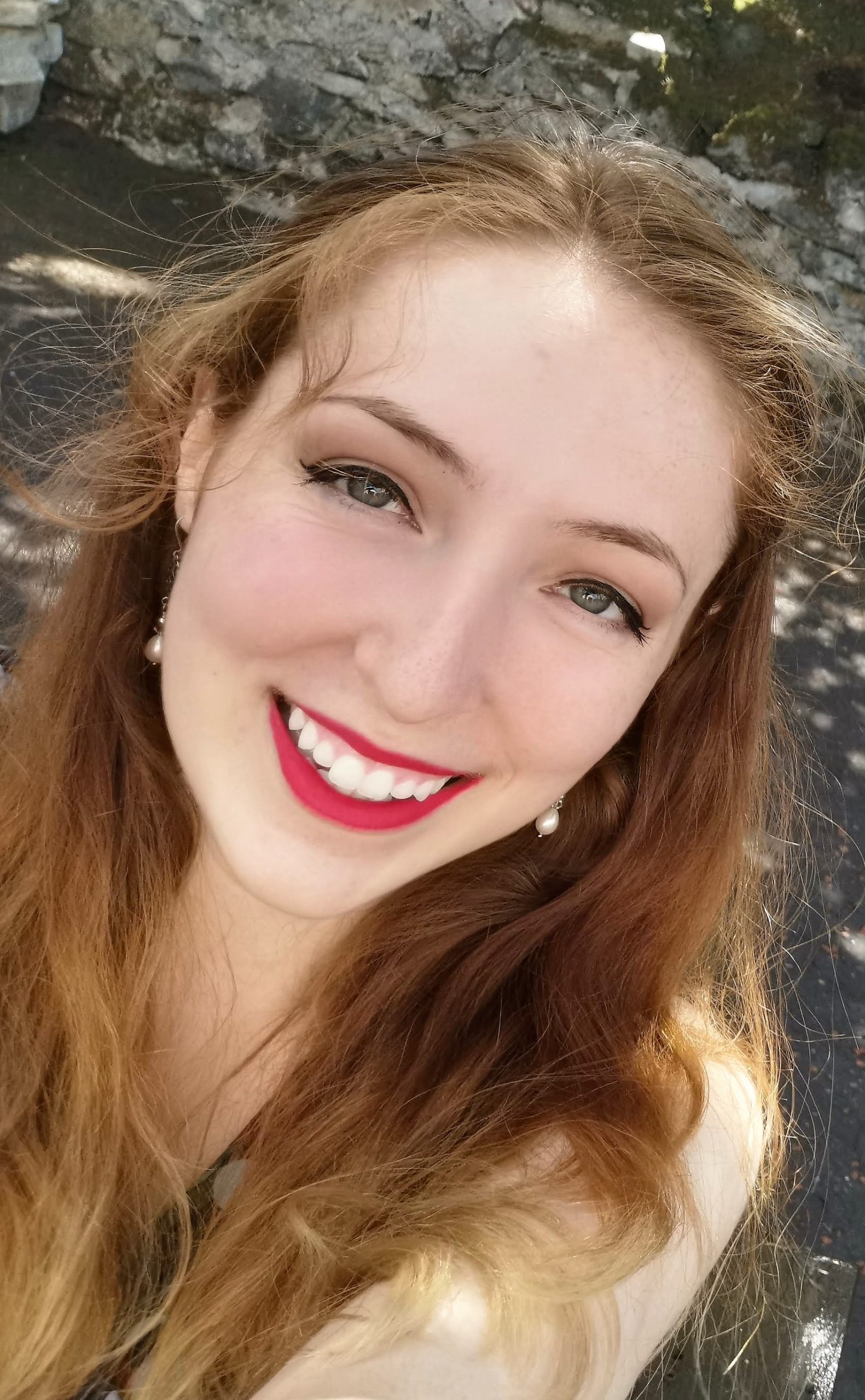
What is your name?
Aisling McGarry
Where are you from?
I am originally from Derry in Northern Ireland. I have been living in London since 2017
To which class you belong to?
MRes Experimental Neuroscience, Class of 2019
Where and what did you study before joining Imperial College London?
I graduated with a Bachelor’s degree in Neuroscience from the University of Manchester in 2017. For my final year project, I created a simulation model of ion transport across the blood-brain barrier using MATLAB. After this, I worked as an Editorial Assistant at the Royal Pharmaceutical Society for a year, working on the British National Formulary (BNF) and other pharmacy reference books
How did you find your Master experience at the College?
Even though I found studying my Master’s degree could be incredibly demanding and stressful at times, I can whole-heartedly say it was one of the best years of my life so far. From the day I started, it was a steep learning curve, but I was provided with so many brilliant opportunities to learn. Exploring different research topics and learning novel experimental techniques was not only incredibly exciting, but also invaluably useful when building a career in research. I loved the everyday experience of lab bench work, from performing experiments to statistical analysis, and the sense of reward was immense when presenting my findings to a room full of scientists. It was my Master’s experience that made me realise I want to stay in scientific research for the rest of my life! I can say that I have never worked as hard as I did during my year of Master’s study, but it was entirely worth it for the research skills I gained
Which research projects did you work on?
My Master’s programme included 3 project rotations – lasting 12 weeks each. For my first rotation, I worked with Dr Carmen Picon in the group headed by Professor Richard Reynolds, focusing on cell death of grey matter neurons in multiple sclerosis. In this project, I became accustomed to immunohistochemistry, immunofluorescence and western blotting techniques for the first time. For me, it demanded a lot of practice and focus to make sure I could complete my experiments according to rigorous protocols and obtain reproducible data. I was lucky enough to have brilliant guidance and support in doing this. I worked with post-mortem human brain tissue from the Multiple Sclerosis and Parkinson’s Tissue Bank here at Imperial, so this was when I first became familiar with the various aspects of post-mortem tissue processing. My second project was with Dr Magdalena Sastre, looking to investigate the putative molecular mechanisms linking major depression with Alzheimer’s disease (AD). I used molecular biology techniques such as western blotting and qPCR to elucidate how the expression of genes and proteins linked to amyloid-beta (Aβ) production, a major pathological hallmark of AD, were altered in major depression. During this project, I gained a sense of confidence in my ability as an independent researcher. This was down to Magdalena’s support and guidance throughout this project: her dedication to students is exceptional. It was also during this project I realised my research interests were refining neuropathology. In particular, I wanted to learn more about neurodegenerative conditions such as Alzheimer’s disease. For my final project, I continued to work in Magdalena’s lab group and worked with various researchers including Dr Mazdak Ghajari, Dr Helena Watts and Dr Cornelius Donat. I studied blood-brain barrier dysfunction in an animal model of traumatic brain injury (TBI). I used immunohistochemistry and immunofluorescence staining, where I showed tight junction, astrocyte end-feet loss and extravasation of blood-borne proteins proximal to an impact injury site. I also had fun learning how to section my paraffin blocks with a microtome during this time! This project gave me further insight into the world of researchers by understanding the utility of collaboration – my histology staining was conducted to supplement a computational simulation of vascular injury in a rat model, created by Dr Siamak Farajzadeh Khosroshahi from Dr Mazdak Ghajari’s lab
Where are you now?
I was lucky enough to accept my current job at Imperial a few weeks upon completing my Master’s degree. I am working in Professor Paul Matthew’s group at the UK Dementia Research Institute as a Research Technician
What are you working on?
Broadly speaking, my role as a Research Technician is focused on using histological and transcriptomic techniques to collate data contributing to the Multi-omics Atlas Project (MAP). MAP aims to provide a comprehensive, multi-omic tissue resource that charts the progression of Alzheimer’s disease in the human brain across different brain regions. This resource will be openly accessible for the scientific community worldwide and will inform future research efforts. In this role, I am learning to use novel molecular techniques such as in situ hybridisation and single-cell RNA sequencing to characterise gene expression. I am also continually building upon my histological skills by using immunohistochemistry and immunofluorescence to characterise tissue and optimise antibody use. Outside of the lab, I am learning more about imaging software to annotate and analyse microscopic images, and R packages for RNA-sequencing analysis
What is the most important lesson you learnt as a Master student?
There were many lessons I learnt as a Master’s student, so it’s difficult to pick one that could have been most important. I would say that my experience taught me to be kinder to myself – or else I would have been a bundle of stress! I experienced for the first time a feeling that all scientists are accustomed to – the disappointment of when an experiment hasn’t worked. This, in fact, probably taught me more than any successful experiment could have. It forced me to pay attention to every detail of my experimental protocol and to try to understand what could go wrong – for example, understanding optimal conditions for your tissue and antibodies. I learned to adjust my expectations realistically based on this experience. It made me realise that just because an experiment didn’t produce the results I had hoped, doesn’t reflect on my potential as a scientist. In fact, what demonstrates true ability as a scientist is to be innovative, by working towards solutions or new ways of achieving your experimental goals. I still apply this practice every day in my current role and it has allowed to optimise new techniques to facilitate new means of validating our data
How did the Master programme help you get to where you are now?
I can confidently say I would not be in the job I love today without the experience I gained from my Master’s programme. My research projects had already given me significant experimental and analytical skills required for my current role. I was confident with the use of histological and molecular biology techniques, microscopy and statistical analysis – all of which I use every day in my job. Beyond these skills, producing high-quality research under significant time constraints demanded agility and resilience – it was definitely a character-building experience! As well as research experience, this Master’s programme also provided numerous opportunities to present my findings in the form of posters and talks. This developed my confidence and provided me with a sense of ownership over my work which was incredibly rewarding. It was the first time I could see and experience the impact of scientific research for myself, by being a part of it. The experience of this programme was exceptional in that I got to emulate, as closely as possible, the day-to-day work as a research scientist for 12 months. This gave me enough time to grow and mature into a fully equipped, independent researcher, while giving me the flexibility and opportunity to delve into a multitude of research topics and experimental techniques. I haven’t seen another Master’s programme that I think could recreate this brilliant experience!
Read Aisling McGarry: ‘The sense of reward was immense when presenting my findings to a room full of scientists’ in full

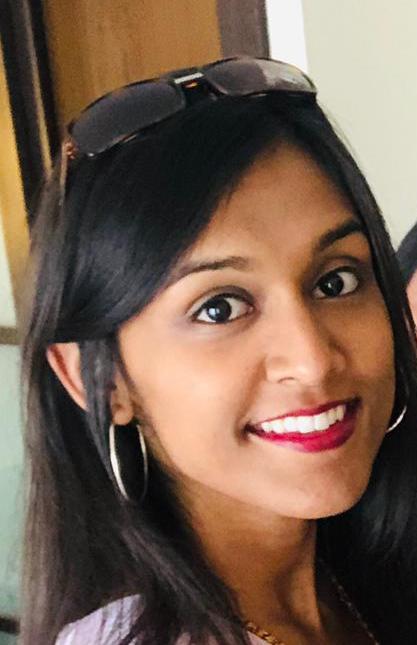



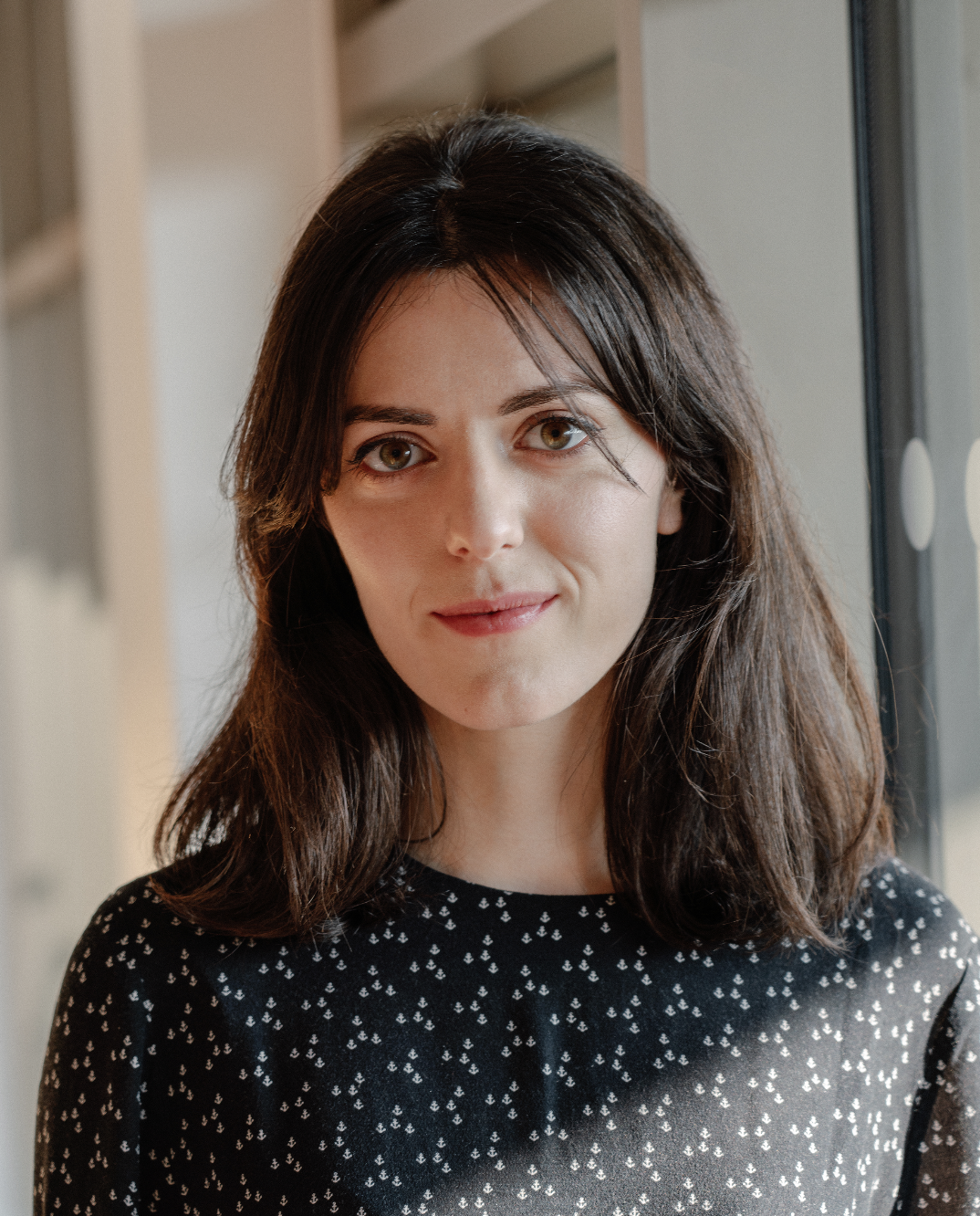
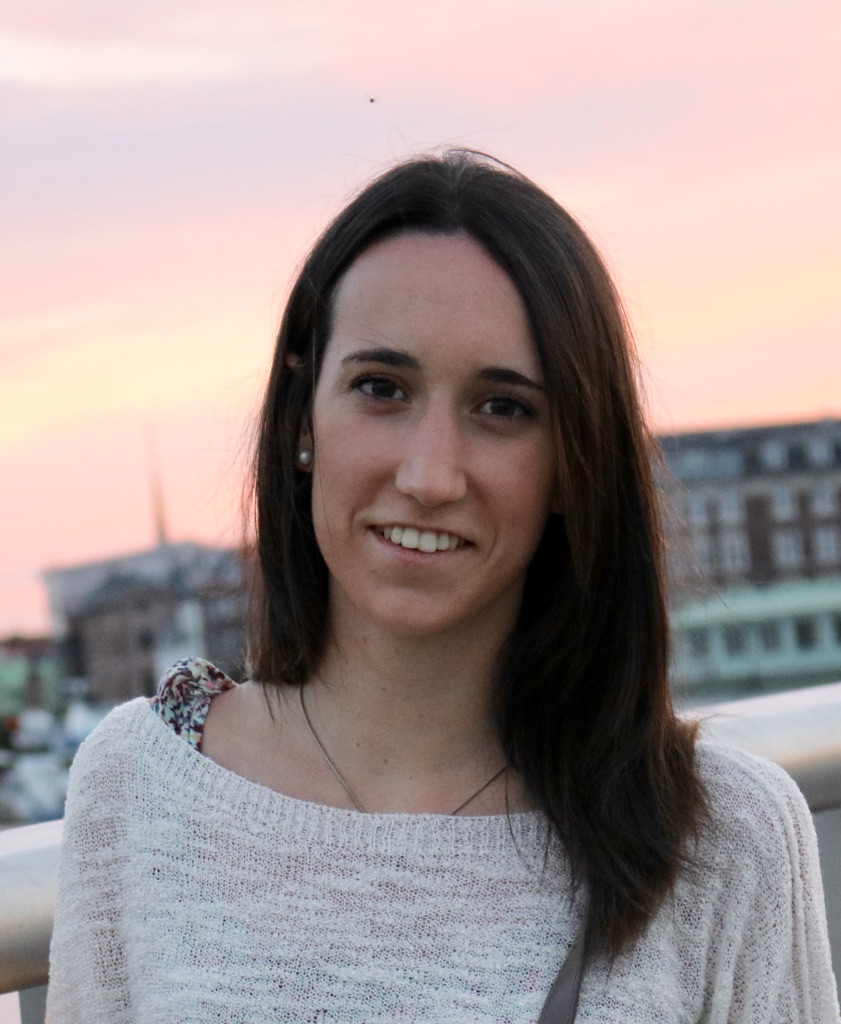
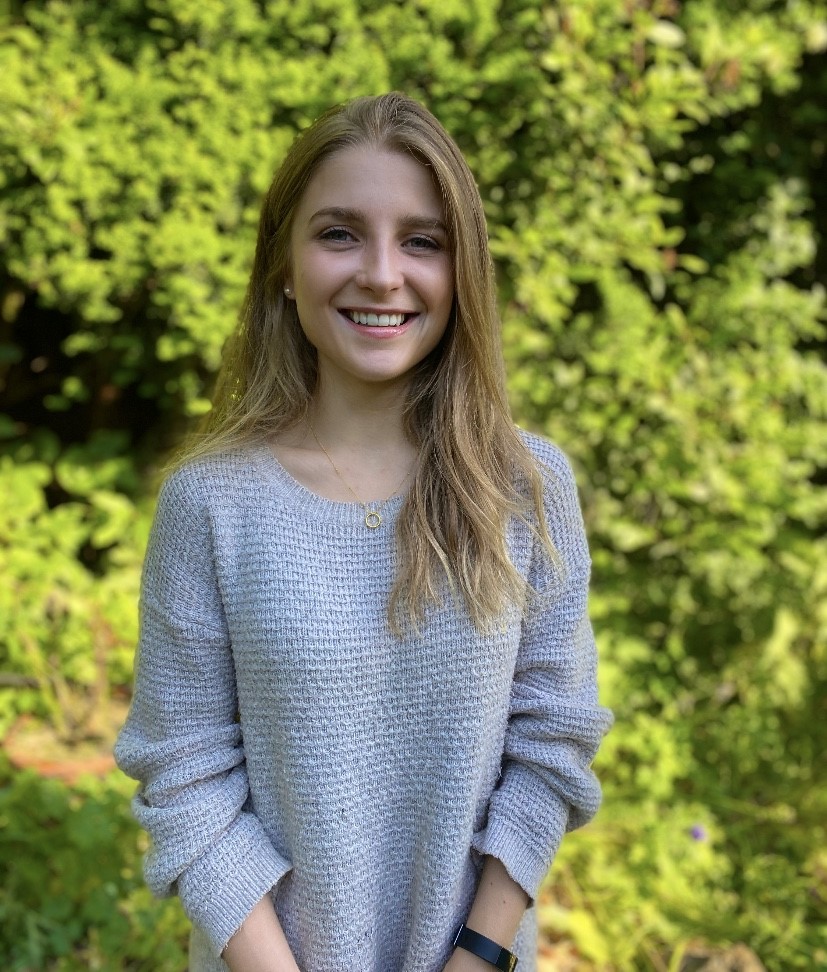

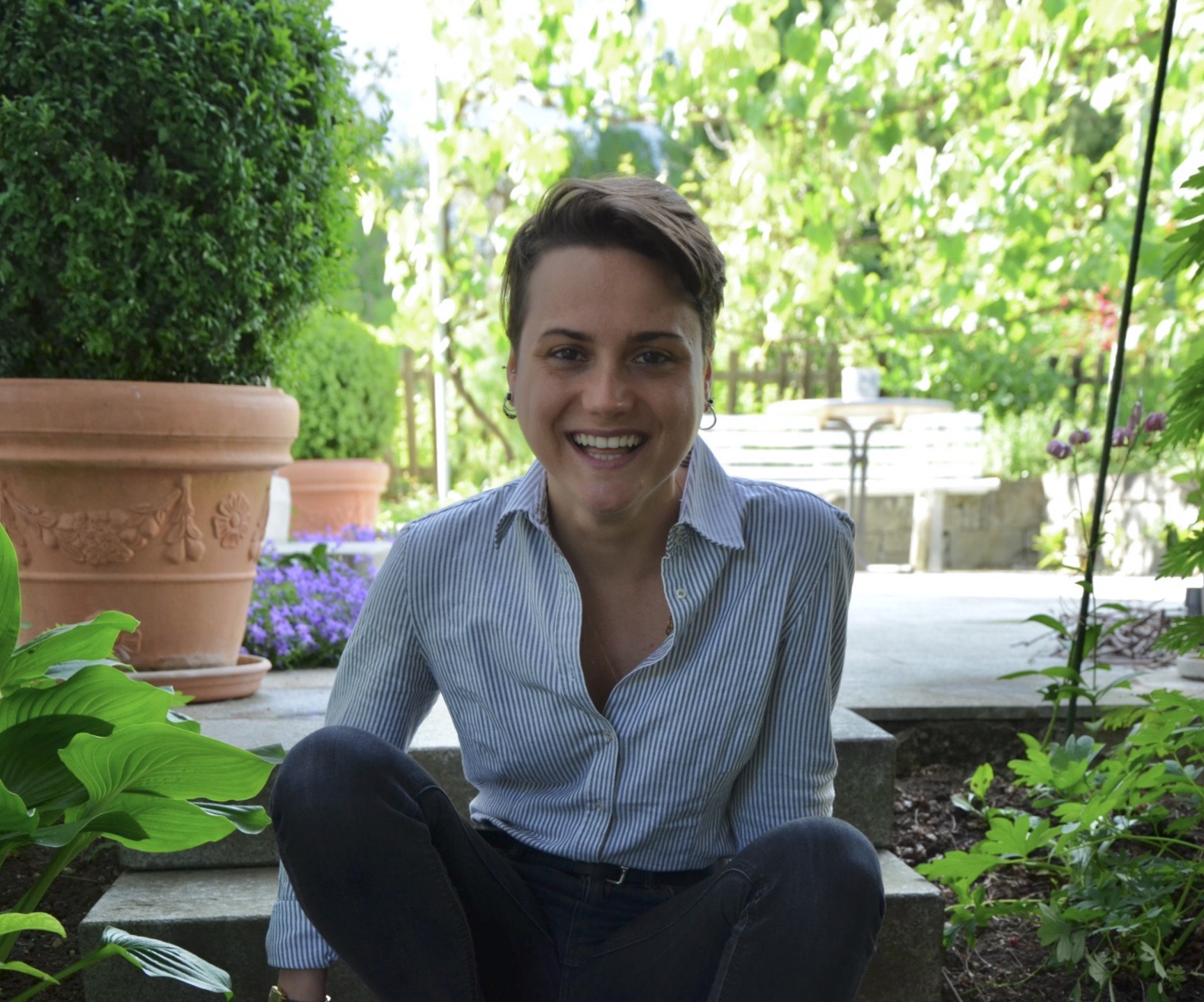 What is your name?
What is your name?